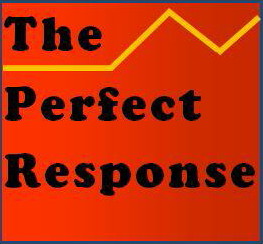The trivia of inconsequential differences can and will turn us all into smaller versions of ourselves.
There was a very small item recently in the New York Times about the online ridicule faced by Mayor Bill de Blasio, who was asked about his favorite kind of bagel. Stating a preference about any New York icon is bound to produce second-guessing from those who want to parade their bonafides. So, without missing a beat the press reported on the Twitter guffaws created by the Mayor’s expressed preference for a toasted whole wheat bagel from a Brooklyn bakery. The infraction that brought out the smirks? Apparently an authentic New Yorker never toasts a bagel. It apparently sounds like what people might do in Boston, where de Blasio grew up. To some, it’s almost as bad as eating pizza with a knife and fork, another supposed faux pas committed by the Mayor a few years ago.
The bagel kerfuffle is obviously a non-story. And one can only guess that the Times was facing a light news day. But there’s a lesson in the online comments that work people into a dither of useless vitriol.
We key on the terms of division in our rhetoric because it is a way to signal our status. We celebrate “us” more than “them.” Others who are different are not allowed to be different. They are too often renamed as impostors or poseurs. Their person-hood is devalued and their authenticity is judged in the language of a put-down. These days we seem to be carrying around a loaded quiver of arrows at the ready if another person has expressed preferences we’ve decided are fraudulent, or some form of misappropriation, or motivated by some imagined slight.
We now seem so quick to entertain the words of others who have found pleasure in the ridicule of others. Its becoming a kind of candy for the mind.
Most folks can still survive they day without denigrating the work, tastes, clothing or choices of others. But fewer of us seem to be able to resist serving as willing bystanders to a ragged rhetoric of differences re-clothed as revelations of inauthenticity. Its becoming a kind of candy for the mind.
But wasting time and energy on ostensible violations of authenticity gets us nowhere. And it would help if media would resist measuring every story using the measure of whether it can be framed as a pseudo conflict.
The trivia of inconsequential differences can and will turn us all into smaller versions of ourselves. Somehow and at some point Americans are going to have to grow up and leave the useless internet chatter behind.
![]()


